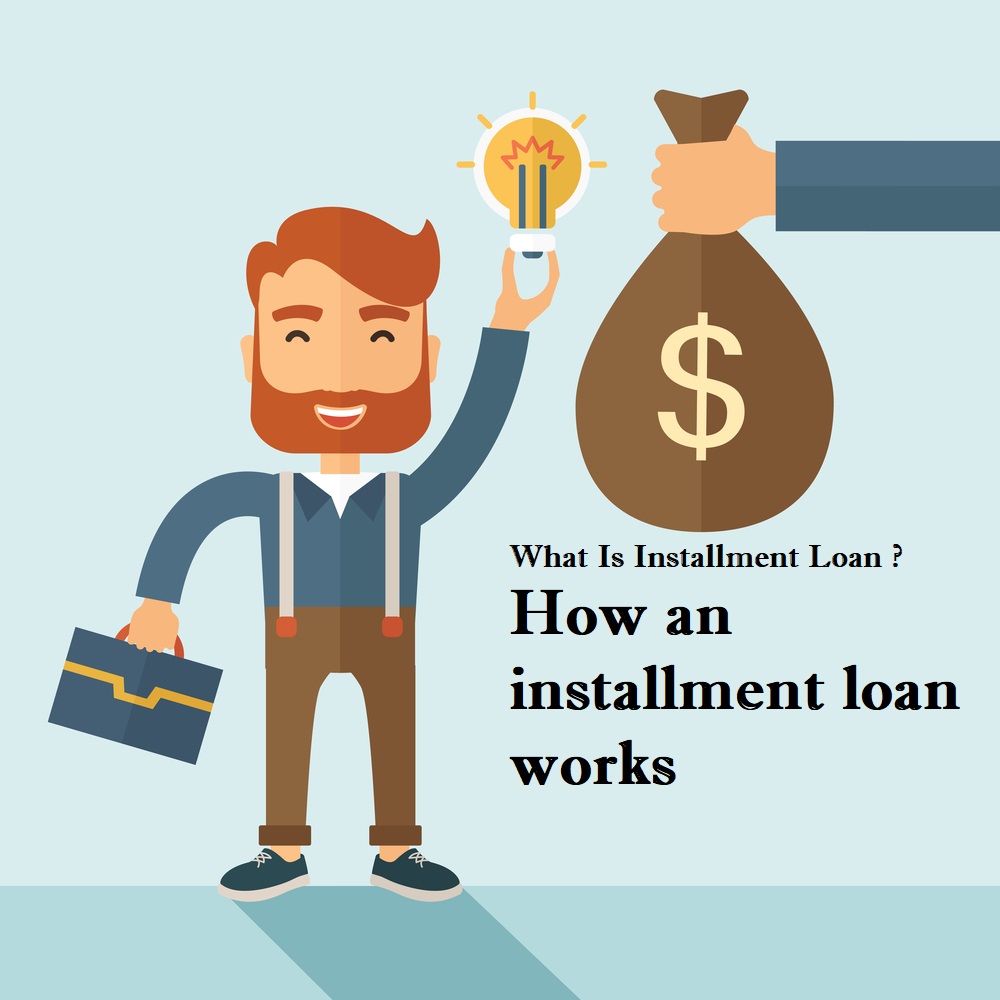All types of loans — mortgages Loans, auto loans, credit cards, payday loans, student loans — primarily fall into two buckets. They’re either a revolving line of credit or installment loans. With installment loans, you borrow a specific amount from a lender and agree to pay the loan back, plus interest, over time in a series of monthly payments.
An installment loan can be a great way to pay for a car, home or even pay a portion of a college degree, depending on your financial situation. Home equity loans, come in handy for home renovation and extension, also are installment loans, as are personal loans. Payday loans, also often referred to as “spot loans” or “no credit check loans” are generally expected to be paid back in a lump sum when the borrower gets their next paycheck. Legislations regarding payday loans widely vary between countries, different states or provinces, and in federal system.
What is an installment loan? How an installment loan works?
An installment loan is a financial assistance that allows individuals to borrow a large sum of money that they can then repay, with interest, in a series of monthly payments. The installment loan usually has a fixed interest rate and is paid back in regular monthly payments.
Car loan is a common type of installment loan. When you purchase a car, you pay the balance off over a specific span of time at a stated interest rate.
So, for example, if you borrow $10,000 car loan for a five-year period at a 6% APR, you would have to pay $193.33 a month for 60 months.
A lender looks at your credit score, annual income and debt-to-income ratio to determine whether you qualify for an installment loan, interest rate and how much you can responsibly afford to borrow.
How to get an installment loan?
As your credit score is an important part of the loan application process, it is necessary to monitor your credit score in the months before applying for an installment loan. So you can understand what steps you need to take to get your credit score in tip-top shape before you apply for a loan.
By accessing your credit report, you can make sure your credit reports are accurate and error-free before applying for an installment loan. You can request a free credit report once per year from credit reporting agencies — Equifax, Experian and TransUnion — and correct any errors.
Also, you should pay down any high credit balance you are carrying to improve your debt-to-income ratio before applying for new financing. This step can help you secure a better deal.
Where Can I Get an Installment Loan?
Apart from banks, there are many online lenders who offer personal installment loans. However, it’s important to assess the lender you are considering carefully before applying for a loan. You should also make comparison between lenders to be sure you’re getting the best deal. Never forget to read the fine print of each potential installment loan carefully so you’re aware of all the associated costs, what happens if you fail to repay any installment and whether there are any penalties for paying it off early, among other things.
You can evaluate lenders by keeping the following criteria in mind:
- Loan amount
- Interest rate (fixed or variable)
- Term length
- Fee structure
- Prepayment charge
Reputable lenders closely analyze your credit history, debt-to-income ratio and annual income to prepare their offers. If you have good credit score and debt-to-income ratio, you are most likely to get competitive interest rate on a personal loan.
Read More :


